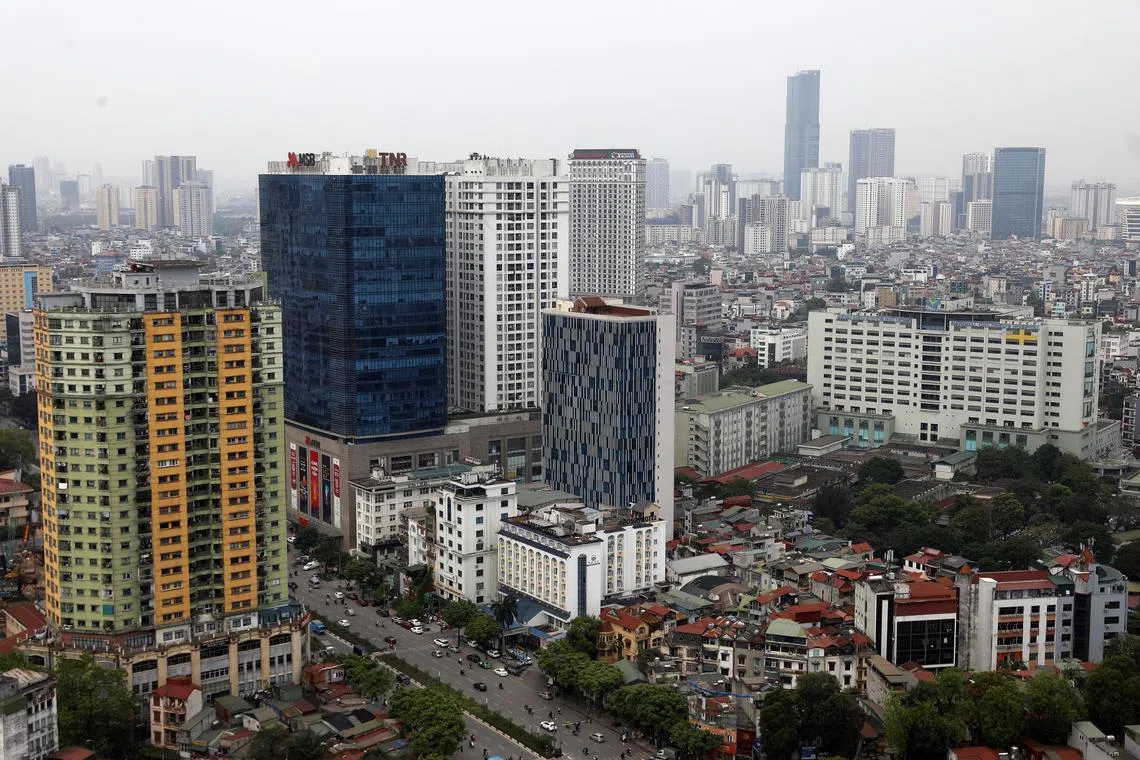Vietnam to demand social media users verify identities
Sign up now: Get insights on Asia's fast-moving developments

Vietnam has asked foreign tech companies to establish representative offices and store data in the country.
PHOTO: EPA-EFE
HANOI - Vietnam plans to ask all social media users on platforms such as Facebook, YouTube and TikTok to verify their identities, citing the need to combat online scams.
The country has one of the highest online fraud rates in Asia, with financial, identity and romantic scams particularly common, according to the Global Anti-Scam Alliance.
But social media restrictions are also used by the communist state to curb freedom of expression, and government critics who have online followings are regularly targeted.
“Unidentified social network accounts will be dealt with,” said Mr Nguyen Thanh Lam, deputy minister of information and communications, without elaborating.
A new government decree on online information scheduled to be issued later in 2023 will make the measure mandatory, he added, according to a report that was published on Monday on the ministry’s website.
Mr Lam said there were times the authorities could not track down social media users who violated the law because they used cross-border platforms.
This measure, he said, will “prevent the using of those platforms to create fraud groups that are untraceable”.
No details were shared about the potential punishments for breaking this law.
The move comes a month after the authorities said they would probe TikTok over alleged “toxic content”
Vietnam has asked foreign tech companies to establish representative offices in Vietnam and store data in the country.
The requirement is part of a sweeping cyber-security law introduced in 2018 that compels Facebook and Google to take down within 24 hours posts deemed to be a national security threat.
Facebook, TikTok and YouTube do not ask users in Vietnam to verify their identity.
Earlier in 2023, the authorities ordered mobile phone users to verify their identities, and subsequently blocked around 1.2 million SIM cards. AFP


